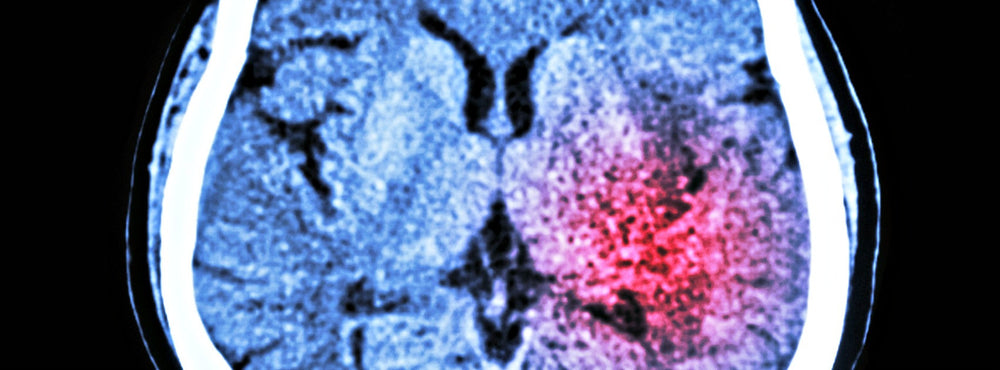“Remember … Only YOU can prevent strokes.”

Do you recall the old Smokey the Bear ads about preventing forest fires? The Smokey campaign, created in 1944, focused on forest fires, which were considered one of the most critical issues affecting the country at the time.
Smokey’s original slogan, “Care will prevent 9 out of 10 forest fires,” was later changed to the more familiar version many of us grew up with: “Remember... only YOU can prevent forest fires.”
So why are we talking about Smokey the Bear? Because it’s time Smokey took on a new mission: preventing strokes. Just like forest fires, cardiovascular disease and strokes are major threats in the U.S., and here's a startling coincidence— 9 out of 10 strokes are preventable.
The Scary Reality of Strokes
Nearly 800,000 people in the U.S. have a stroke each year, making it the 5th leading cause of death in the country. Perhaps more alarming, stroke is the leading cause of long-term disability.
According to the National Stroke Association, the outlook for stroke survivors is grim:
- Only 10% of stroke survivors recover almost completely
- 25% recover with minor impairments
- 40% experience moderate to severe impairments, often requiring special care
- 10% need care in a nursing home or other long-term facility
- 15% die shortly after their stroke
- Approximately 14% of survivors experience a second stroke within the first year
These are devastating statistics, especially since the vast majority of it is avoidable.
A Preventable Crisis
A global study involving 27,000 people across multiple continents found that 90% of strokes could be prevented by controlling lifestyle-related risk factors. The primary contributor to strokes was high blood pressure, followed by inactivity, high cholesterol, poor diet, and obesity. Interestingly, factors like diabetes, alcohol consumption, and stress played a relatively minor role, while tobacco use ranked in the middle.
When we talk about lowering cholesterol, managing blood pressure, losing weight, and eating better, most of us are thinking about heart health. However, it turns out that these steps are equally critical for brain health and stroke prevention.
The Role of Nutrition in Stroke Prevention
This is why what you eat is so vital. The major risk factors for strokes—high blood pressure, high cholesterol, poor diet, and obesity—are all closely tied to food. And this is where Step One Foods can help. Step One Foods is formulated to help lower cholesterol, support better blood pressure control, improve diet and help attain and maintain a healthy weight. As good for your brain as it is for your heart.
Every week, we hear from customers who report lower cholesterol, reduced dependence on blood pressure medications, and weight loss thanks to Step One Foods. With the additional benefit of stroke prevention, the impact of making small changes to your diet becomes even more powerful.

Tested & Proven Results.
- Cardiologist formulated
- Supported by over 500 publications
- Clinically-proven, in a double-blind randomized trial with Mayo Clinic and The University of Manitoba
80% of participants lowered their cholesterol in just 30 days. With just two servings per day, Step One Foods offers a proven-effective way to naturally lower LDL (bad) cholesterol.
Get heart health tips and articles like this, delivered right to your email.
New articles every week.
You may also like...

The LDL Chart Fueling Confusion Online - And What It Misses

You don’t need to avoid foods with cholesterol…except for these



